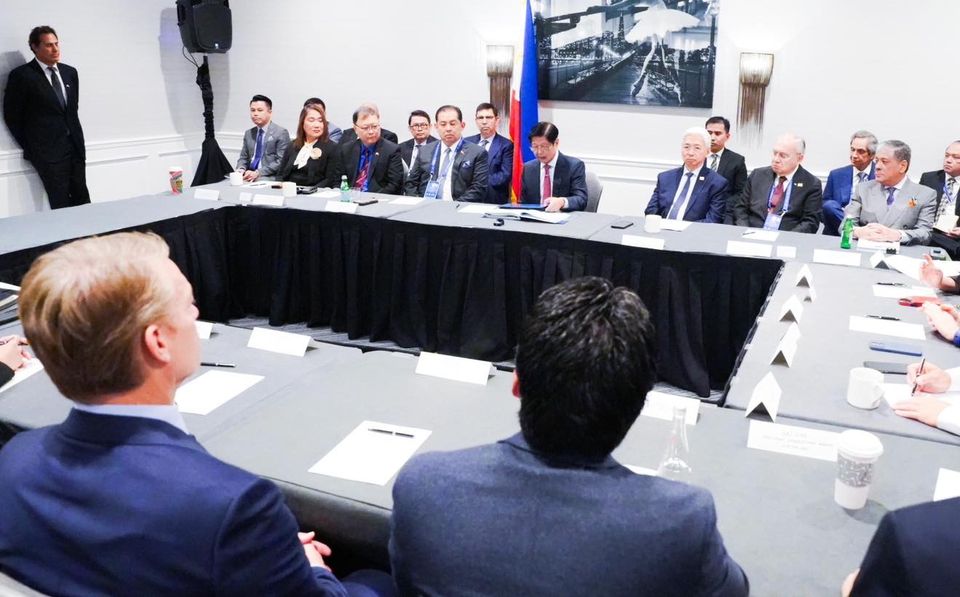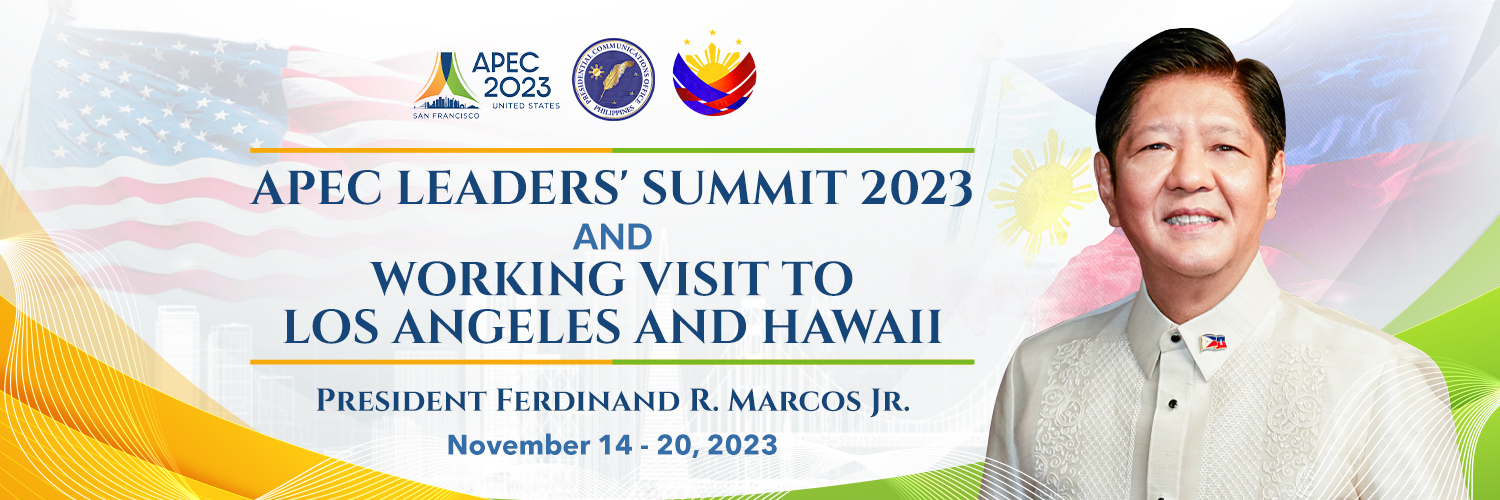
The Philippine government led by President Ferdinand R. Marcos Jr. and leading Silicon valley companies agreed on Wednesday (San Francisco, California) to collaborate on artificial intelligence (AI) and cybersecurity.
During a roundtable meeting with technology companies and venture capitalists in San Francisco, President Marcos told said that in order to keep up with the ever growing demand and advancements in the fields of AI and cybersecurity, the government has been focusing on upskilling and reskilling of Filipino workers.
Marcos said the Philippines still has a distinct lack of trained talents for example, in blockchain technology.
“We don’t have enough engineers. That simple. So we need to get them trained, we need to get them… as part of the system,” he said.
“And so again, we have really put a great deal of emphasis on retraining. These are new technologies. The principle that we apply is really rather simple; it’s that basically COVID changed everything and after COVID we have to transform the economy, and technology is going to bring the changes.”
Marcos said his administration is looking at the technology and in increasing capability in terms of knowledge and knowhow.
And amid the government’s digitalization thrust, President Marcos said both the government and private sector are vulnerable to cybersecurity threats, pointing out the need for capability improvements.
“And the part that AI plays in this is also something that we need to be — at least to have put a good deal of thought to,” Marcos said.
“As I said, digitalizing our system, we have now to put in together, we need to have data centers, we need to have our own cloud, we need to put… so that we have again that capability,” he added.
David Dewalt, CEO of Nightdragon, a leading venture capital firm for cybersecurity, security, safety, and privacy, said his company and the other tech firms present in the roundtable are looking forward to bringing all the technologies, particularly generative AI to the Philippines, that will be beneficial to the country considering its young and powerful workforce.
“The way I would say it is the Filipinos have an unbelievable ability to integrate in the global business systems like we do, maybe unmatched by any workforce on the planet,” Dewalt pointed out.
“I think using the upskilling and the retraining of those teams to focus on how we will — when we get the productivity benefits invest in more resources, we can do that even more so in the Philippines with teams that are experts on generative AI,” he added.
Ryan McInerney, CEO of Visa, said generative AI will be a leveling force for small businesses, noting that today, when Filipinos go to buy things, especially online in e-commerce, they often use the largest platforms.
He added generative AI will give microbusinesses, nanobusinesses and small businesses the tools and capabilities to provide Filipinos a rich, shopping, and commerce experience.
The roundtable meeting was co-organized by Dewalt, Bain and Company CEO Emmanuel Maceda and Crescent Point Group Vice Chairman Thomas Pompidou, and the Department of Trade and Industry (DTI).
They were joined by Microsoft Managing Director Michelle Gonzalez, Mandiant (A Google Company) CEO Kevin Mandia and Group of the Government of Singapore Investment Corporation (GIC) Head Chris Emanuel.
Plug and Play Ventures CEO Saeed Amidi, Altimeter CEO Brad Gerstner, HP (formerly Hewlett-Packard) CEO Enrique Lores, Mastercard Co-President Ling Hai, and Anthropic were also present during the roundtable meeting. | PND

